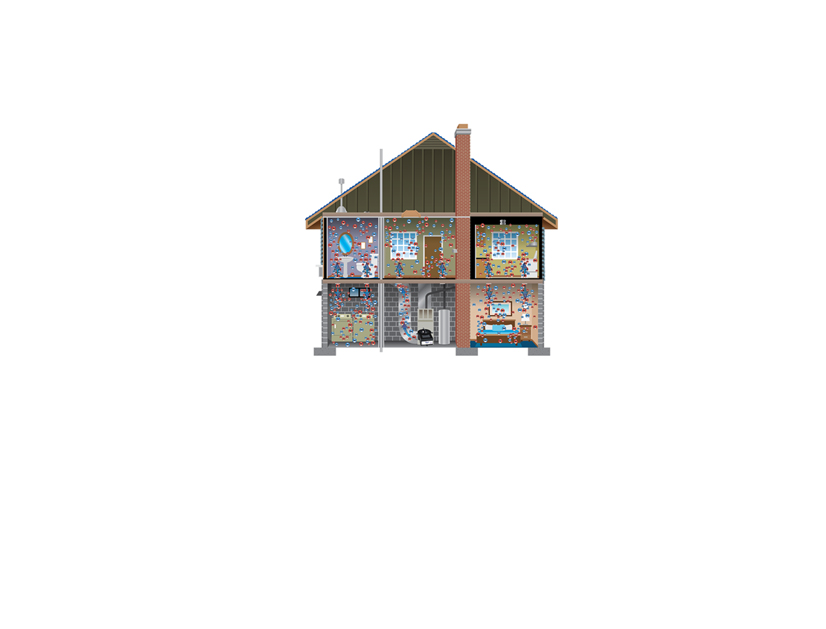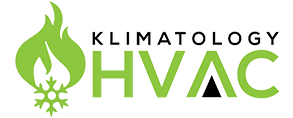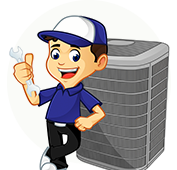
image source: iWave
As awareness has increased about healthy environments indoors and outdoors, many people are considering options to improve air quality indoors, including air purifiers. As a Raleigh HVAC contractor, we often get inquiries about what is the best type for their homes.
Most people spend the vast majority of their time either working, playing or relaxing indoors. This has increased concerns about air quality, where some pollutants can actually register at up to five times greater concentrations than they typically are found outdoors.
Air purifiers can play a significant role in addressing issues of indoor air quality. They can assist in the removal of odors, pathogens, mold spores and even respiratory droplets concentrated indoors that can lead to the spread of viruses.
Two different types of air purifiers help deal with these pollutants and irritants that can be found indoors: There are two types of air purifiers you should consider: air ionization air purifiers and UV air purifiers.
What is an ionic air purifier?
An air ionization air purifier cycles air through your HVAC system, adding an electromagnetic charge to the particles that flow through the system. The charged particles make their way throughout the indoor areas and are sent back through the HVAC system to be captured and filtered. In a sense, the ionic air purifier acts like a magnet, grabbing all the harmful particles that are floating indoors.
The benefits of ionic air purifiers include ease of setup and purchase, portability of the product for use in different indoor areas and the advantage of adding carbon filters or HEPA to help improve air quality. The disadvantages to consider include the possible enhancement of ozone generation indoors when using the purifiers and the noise and unreliability of some of the low-cost units.
We recommend the iWave-R which is a quality, self-cleaning needlepoint bipolar ionization generator.
What is a UV air purifier?
The UV air purifier works within the ducts, where they are installed. This is where they clean the air that goes through the HVAC system as it passes into the interior of a residence or business. UV lights copy the power of sunlight to help mitigate problems in the air, acting as an antimicrobial agent. The UV air purifier directly attacks the air quality problem by killing offensive particles collected from the air as it makes its way through the HVAC system, including mold spores and pathogens.
The benefits of the UV purifier include its ability to kill allergens and other contaminants on the spot, its discreet installation in the ducts where it cannot be seen and its lack of contribution to interior ozone levels. Some disadvantages include its cost, which is more than other systems, and the fact that it doesn’t filter all airborne pollutants like a more traditional air purifier does.
UV lights come in a variety of different grades, and price points. Contact us to see what the best fit will be for your home.
Why type of air purifier is better?
As noted there are pros and cons associated with each system. Make sure that you contact a reputable Raleigh HVAC company to discuss your options for indoor air purifiers. There are important points that you should consider when evaluating systems that can remove mold and bacteria, and you want to understand how those solutions can meet your needs.
While many HVAC experts will argue that UV purifiers will work best for a number of reasons, don’t assume that is your only option. For example, the two systems actually complement each other quite well. This is why you should consider a system that combines the benefits of both the ionic and the UV air purifiers. These systems kill contaminants and help purify the air by filtering others as it flows through the interior. Ask the experts at Klimatology HVAC any questions you may have about air purifying options.

